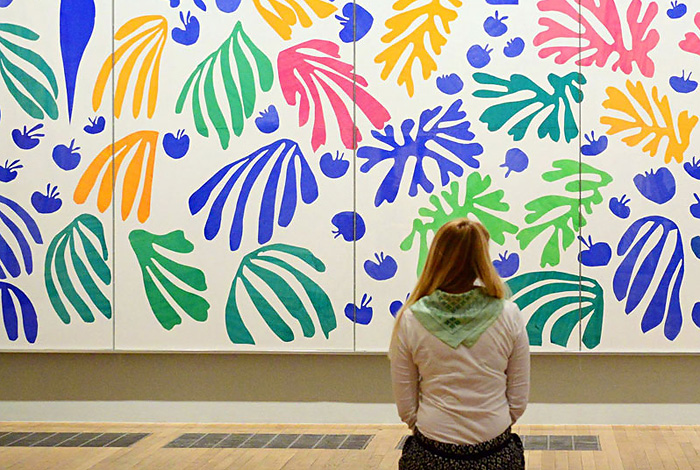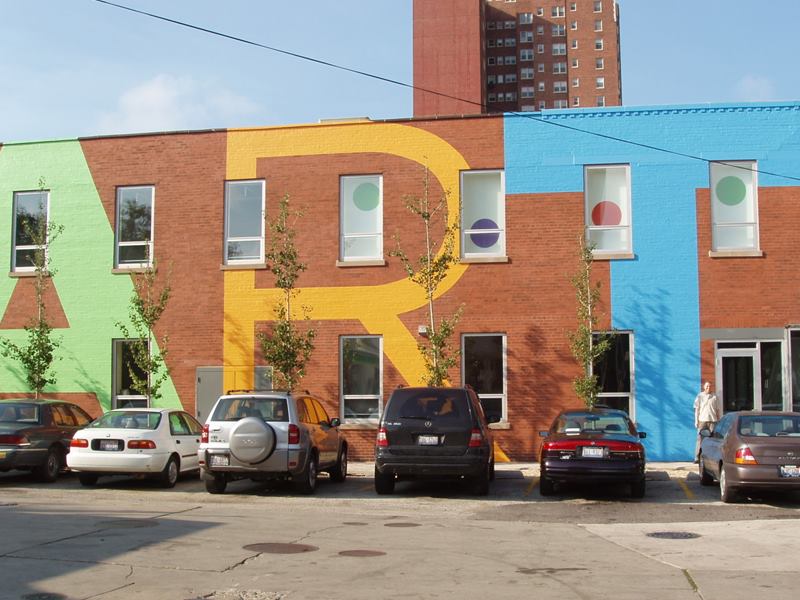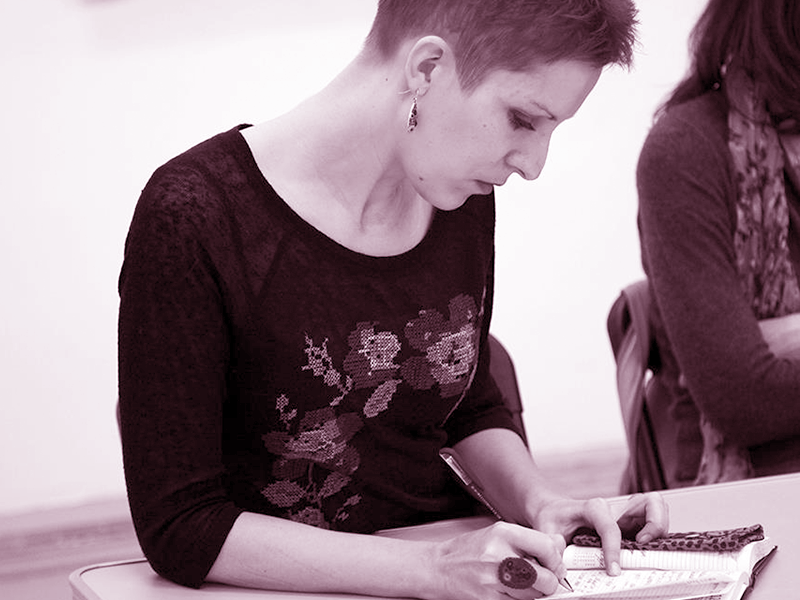
Six Steps to Professionalising Moldovan Cultural Management
Cultural management has been identified as one of the key drivers in growth for the cultural and creative sectors and subsequently in the global economy. However, many Moldovan cultural operators, especially in the public sector neglect the importance of arts management.
The key challenges are:
1. At The Government Level
Legal Reform
Public Appointment Processes
2. At the Cultural Sector Level
Lack of Competitiveness
Professional Skills Training
Language Skills
Financial Management Skills
Digital Skills
Cultural Leadership Skills
While these skills are needed in national and regional institutions, the local managers in municipal Houses of Culture face the greatest challenges. Local cultural managers have less funding, smaller audiences, and less access to professional networking and training opportunities.
This policy brief recommends the professionalisation of cultural managers and the introduction of new and innovative cultural policies that boost the creative sector.
Therefore the main priorities for the sector are:
-
To create an institution responsible for continuous professionalisation of cultural actors, based on similar European models;
-
To foster academic and professional exchanges for cultural managers;
-
To enact a law on cultural management and to implement performance-based management in public cultural institutions;
-
To create a more democratic system of elections for the directors of public cultural institutions and an efficient monitoring system of their activity based on performance indicators;
-
To improve the ratio of cultural managers who speak English and to encourage the use of new technologies in arts;
-
To prioritise the rehabilitation of village cultural centres in order to maintain the existing cultural infrastructure.




